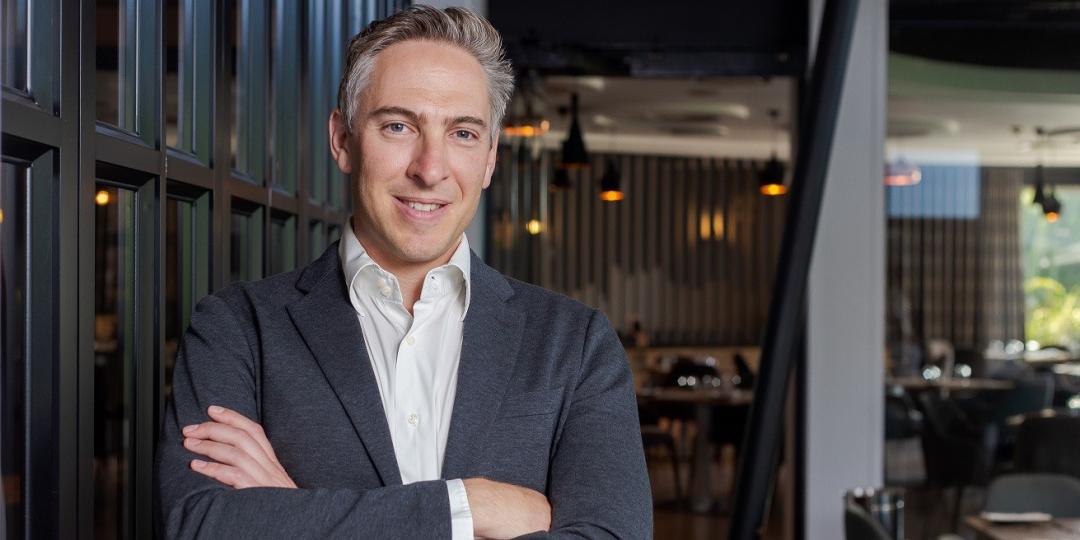The tourism industry is set for major paradigm shifts in 2024, with millennial preferences and ground-breaking tech such as AI and alternative energy driving major changes for hotel operations.
Meanwhile, leading DMCs and inbound operators have voiced their excitement at the prospects for the year, expecting longer stays at safari destinations and increased interest in wellness, immersive experiences and cultural excursions.
“Exciting times lie ahead for the hospitality industry. Ground-breaking new technologies such as AI and alternative energy are helping reshape how guests interact with hotels and 2024 will be the year these ideas kick into overdrive. Wellness is also set to have a strong impact on how hotels operate as guests look to the industry to provide sanctuary from an overstimulating world,” said Marc Wachsberger, CEO of Capital Hotels, Apartments and Resorts.
Revisiting traditions
Guy Stehlik, CEO of BONHotels, said hotels were revisiting longstanding traditions like 15h00 check-in and 10h00 check-out times, room service ending mid-evening and rigid all-inclusive packages bundling amenities that people rarely use. Even daily housekeeping is being scrutinised for its relevance in the current hotel landscape.
“The old ways we learned back in hotel school won’t cut it any longer. Today’s travellers expect greater control in customising every stay and they insist on pricing transparency. Do you need housekeeping daily or every three days? Do you need high-speed WiFi or just basic Internet? Do you want a full English breakfast or just a croissant? Do you need room service? There are so many components that could be variable to give transparency around what you pay for,” Stehlik said.
He believes that more mid-scale hospitality brands globally will soon adopt online customisation menus allowing travellers to re-bundle room types, housekeeping frequency, amenities and meal plans to their needs.
“People have become more sceptical and educated at evaluating hotel rates by components, because so many, especially millennials, book online now and build the pricing on their own. They appreciate visibility into what they pay for. The more price sensitivity increases across segments, the less attractive rigid all-inclusive deals become. Customisation rules.”
Leaps forward for renewable energy and tech
Sustainability took centre stage during 2023 and, in South Africa, this was unintentionally bolstered by load shedding.
“The silver lining to all these rolling blackouts is that it helped fast track a lot our renewable energy efforts and pushed us to become more self-sufficient,” said Wachsberger.
The group has made significant investments in solar energy and, starting this year, will be investing R10 million (€204 000) towards renewable energy.
Wachsberger said AI would revitalise guest experiences through services such as personalised recommendations, seamless check-ins, heightened safety measures and smart rooms.
“The future of hospitality lies in the hands of AI, but it won’t be a case of robots taking over everyone’s jobs. AI is going to make the industry smarter and more responsive. Those of us who jump on the bandwagon sooner rather than later will reap big rewards.”
Africa presents golden opportunities
With a burgeoning middle class and growing interest from travellers, Wachsberger said the untapped potential of the continent presented a canvas for new investments, expansion, and the establishment of luxury resorts.
“Large parts of the continent are shaking off negative stereotypes and showing the world what we have to offer. What’s more, 60% of Africa’s population is under the age of 25 meaning there is significant scope for us to benefit from the continent’s demographic dividend. As global travel patterns evolve, Africa should emerge as an important proving ground for those willing to do business on the world’s youngest continent.”
Immersion a priority
Sabine Blehle, CEO of inbound operator GoVacation Africa, said 2024 could see a lengthening average tourist stay.
“A significant portion of our travellers is actively pursuing unique and immersive experiences. This translates to extending their stays at a single destination and delving more profoundly into the local cuisine, lifestyle, and culture.”
Suzanne Benadie, Sales Director at Sense of Africa’s South Africa division, added: “Safari experiences are constantly in demand, with longer stays at lodges for a more immersive experience, including community interaction and guests wanting to know more about back of house environmental and conservation initiatives.”























